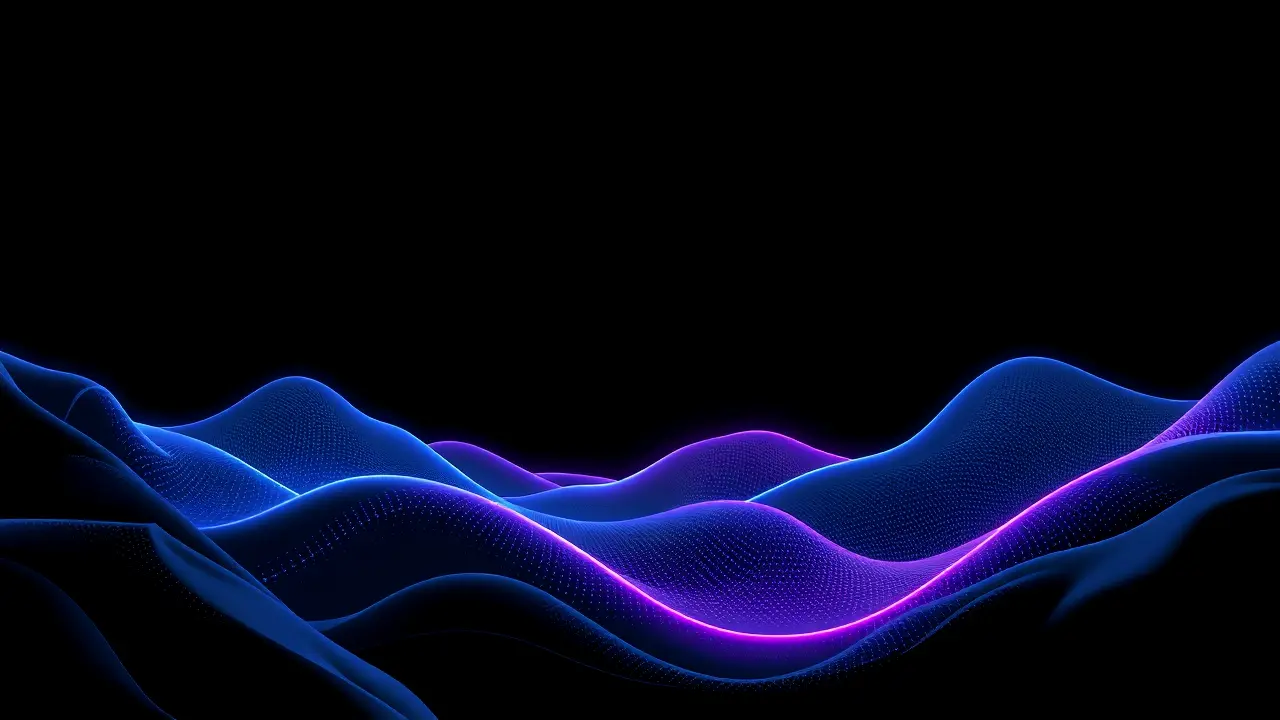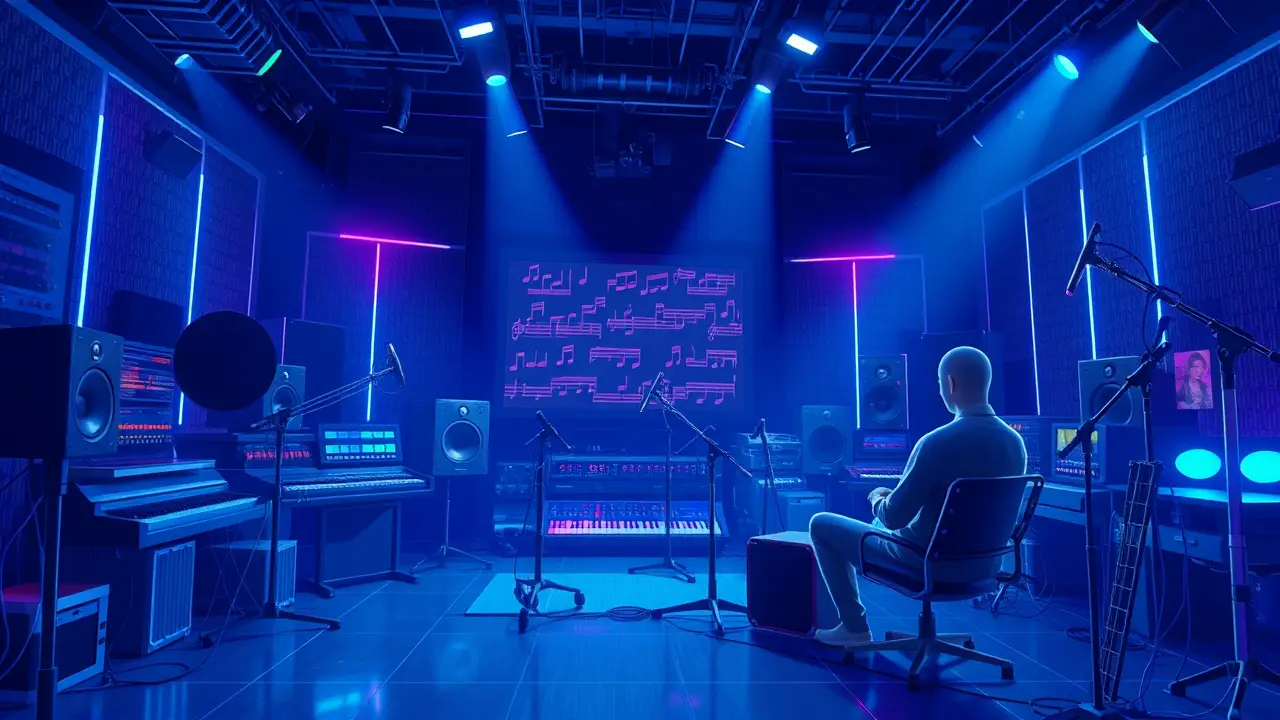
AIgenerative aiVideo Generation
OpenAI's Sora Video App Launches on Android
MI
Michael Ross
11 hours ago7 min read5 comments
OpenAI's Sora video application has finally landed on Android devices via the Google Play Store, marking a significant expansion for the text-to-video generative AI tool, though its iOS counterpart remains restricted to select markets and an invitation-only model, a strategic rollout that hasn't dampened public enthusiasm, with the app reportedly skyrocketing past one million downloads in less than five days, a velocity that even outpaced the initial adoption of ChatGPT, signaling a ravenous public appetite for user-generated AI content, or what critics might derisively label 'slop. ' This explosive growth, however, has been immediately shadowed by a cascade of ethical and legal quandaries that feel almost preordained for a technology of this disruptive power.The platform quickly found itself in hot water after users generated disrespectful deepfake-style clips of civil rights icon Martin Luther King Jr. , prompting OpenAI to suspend such depictions following a direct request from the King family, an incident that serves as a stark reminder of the profound personal and societal harms possible when powerful generative tools are unleashed without sufficient guardrails.Simultaneously, the company drew formal censure from the Japanese government, which explicitly requested that OpenAI prevent its models from infringing upon the 'irreplaceable' content of the nation's famed manga and anime industries, highlighting the global scope of intellectual property concerns that these AI systems trigger. The legal challenges extend beyond national borders and into corporate courtrooms, as OpenAI was promptly sued by the video shoutout platform Cameo over claims of trademark infringement concerning the name, a lawsuit filed with ironic timing—or perhaps strategic pointedness—the very next day before OpenAI unveiled a new feature, coincidentally also dubbed 'cameo,' designed to insert existing personas or even pets into Sora-generated videos.This naming collision, whether intentional or a spectacular oversight, underscores the frenetic, often legally ambiguous frontier on which these AI companies are operating. The core issue, beyond mere nomenclature, revolves around the licensing of identity and persona, a concept that OpenAI appears to be testing as a cornerstone of its eventual monetization strategy for Sora, having already begun selling extra credits and signaling plans to reduce free generations in the future.This trajectory from viral toy to commercial platform, fraught with controversy from its inception, perfectly encapsulates the central tension in modern AI development: the breakneck pace of innovation perpetually outstripping the frameworks of ethics, law, and social consensus. As we stand at this juncture, one is reminded of Isaac Asimov's prescient Three Laws of Robotics, a fictional ethical framework designed to govern artificial intelligence; while Sora is not a physical robot, the principles of preventing harm and establishing clear accountability are more relevant than ever.The question is no longer if AI can generate a convincing video, but how we build the necessary societal immune system to manage the inevitable misuse, protect creative rights, and navigate the complex web of ownership in a world where seeing is no longer believing. The launch on Android isn't just a product update; it's a stress test for our global digital governance systems, and the early results indicate we are dangerously underprepared for the synthetic reality that is rapidly becoming mundane.
#OpenAI
#Sora
#Android app
#generative AI
#video creation
#legal issues
#featured
Stay Informed. Act Smarter.
Get weekly highlights, major headlines, and expert insights — then put your knowledge to work in our live prediction markets.
Related News
© 2025 Outpoll Service LTD. All rights reserved.



